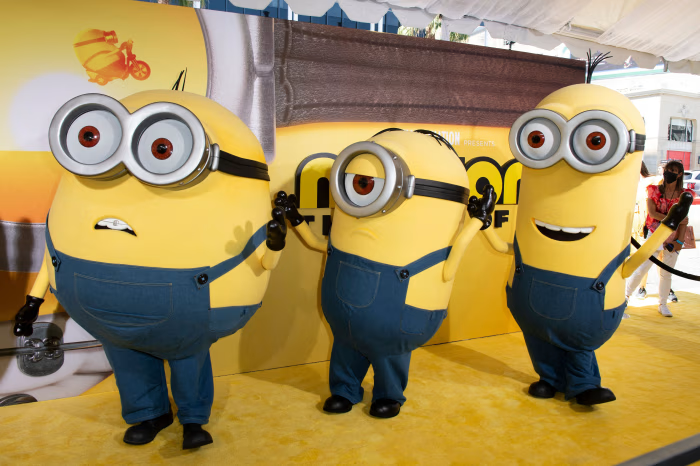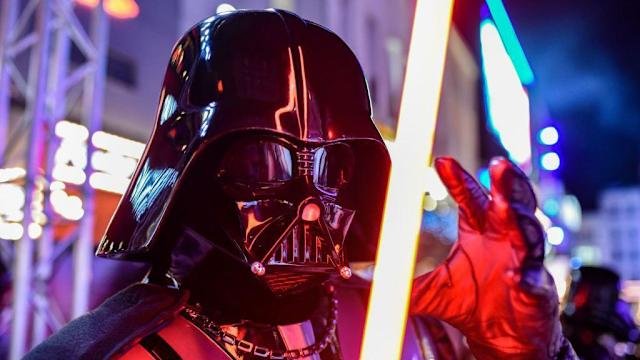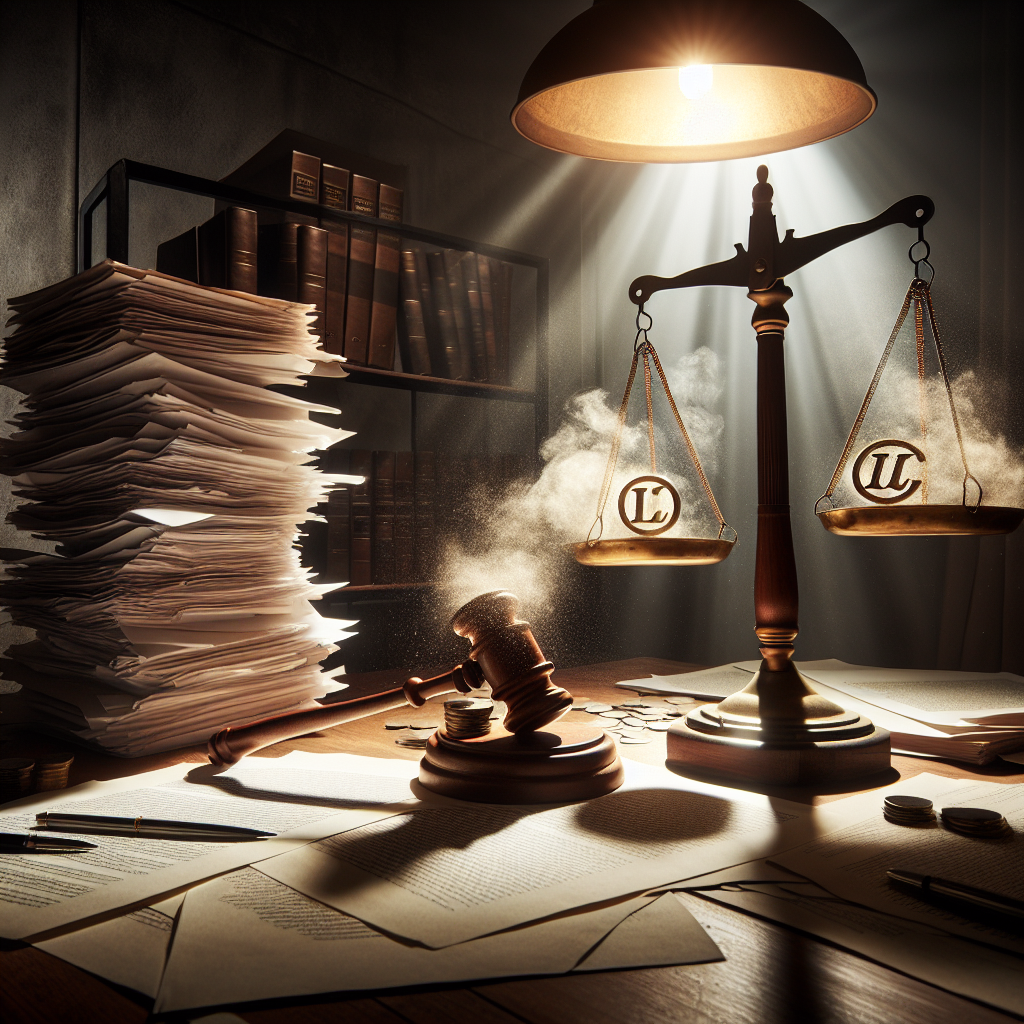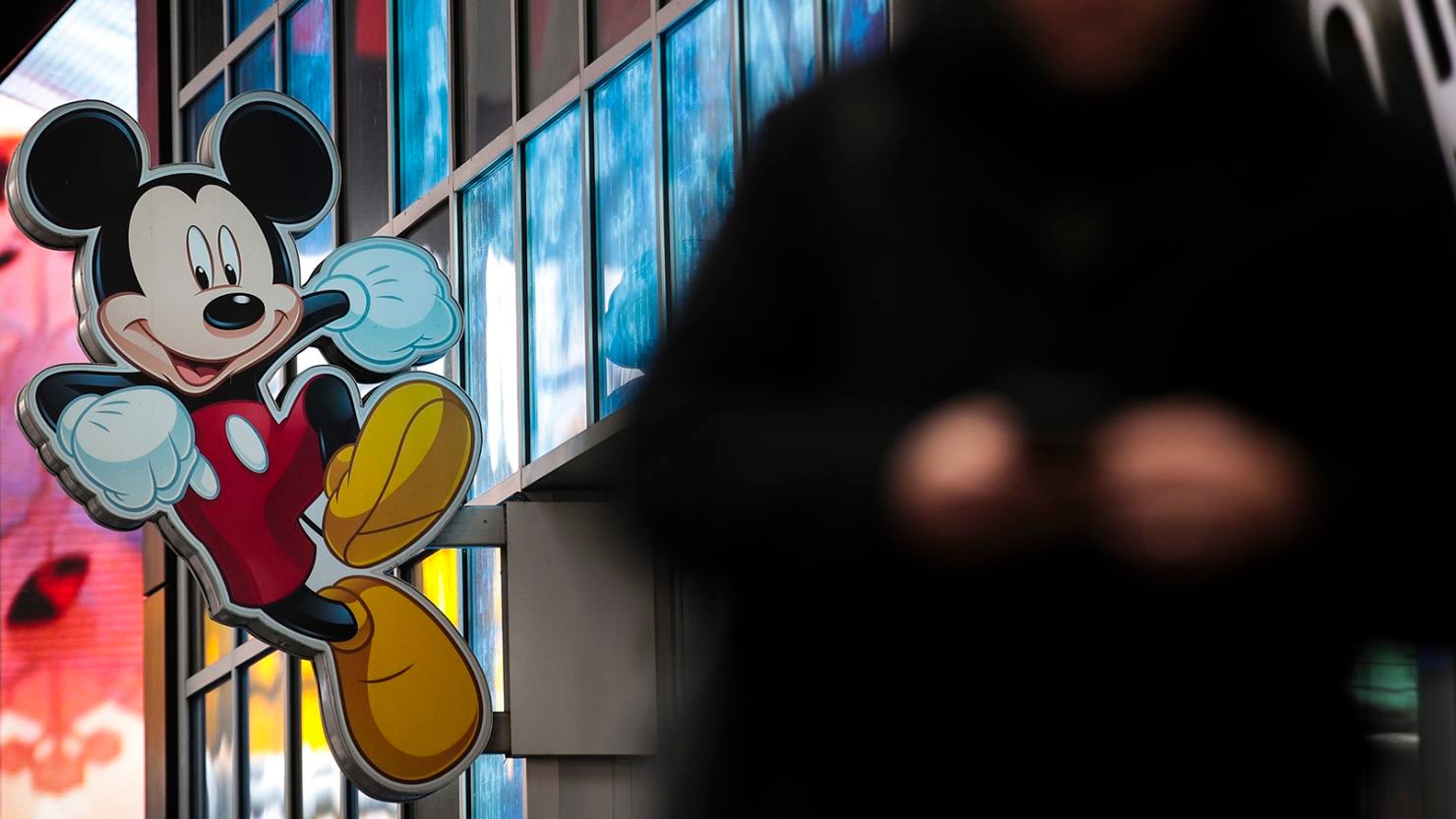The Midjourney AI Lawsuit: Hollywood Studios Push Back
In a significant legal confrontation, Disney and Universal have jointly filed a lawsuit against Midjourney, an AI firm known for its image generation technology. The entertainment powerhouses allege that Midjourney’s software replicates copyrighted characters such as Darth Vader, Elsa, and the Minions—accusing the platform of producing countless unauthorized imitations under the guise of artificial intelligence.

The lawsuit highlights the increasing tension between intellectual property rights and the fast-paced evolution of generative AI technologies. While the film industry embraces some AI advancements, the lawsuit underscores growing concerns about creative theft.
Inside the Midjourney AI Tool at the Center of the Lawsuit
Midjourney offers users the ability to create detailed images by simply typing prompts. From surreal landscapes to realistic portraits, the tool has gained immense popularity for producing visually impressive outputs. However, this very capability has landed it in legal hot water.
According to Disney and Universal, the tool doesn’t just generate random content. Instead, it has consistently created images that closely mimic copyrighted characters from franchises such as Star Wars, Frozen, and Marvel. This has raised red flags within the creative community, which argues that these likenesses undermine original content and violate copyright law.
The Allegations: Copying Without Transformation
The lawsuit, filed in a federal district court in Los Angeles, presents a series of visual examples where Midjourney allegedly recreated characters like Yoda, Iron Man, and the Incredible Hulk with only slight modifications. The studios argue that these images lack any substantial transformation, making them mere copies rather than creative reinterpretations.

Syracuse University law professor Shubha Ghosh notes that “many of these images appear to be near-identical renditions of copyrighted characters, only placed in different contexts or settings.”
Mid journey’s Growing Influence and Business Model
Despite being a relatively small operation—with fewer than a dozen full-time staff—Midjourney is far from obscure. The firm reportedly earned over $300 million last year and is rumored to be working on a video generation platform. The lawsuit suggests that such earnings and plans indicate commercial use of intellectual property without proper authorization.
David Holz, Midjourney’s founder and previously the creator of Leap Motion, leads the company. Advisors to the firm include notable tech figures like Nat Friedman, former GitHub CEO, and Philip Rosedale, the founder of Second Life.
Studios’ Official Stance on Responsible AI Use
Disney’s chief legal officer, Horacio Gutierrez, acknowledged that the company is open to AI’s potential in boosting creativity. However, he emphasized that “piracy remains piracy—even if committed by an AI.” The lawsuit insists that protecting original work must remain a top priority, regardless of how content is being generated.
Universal echoed similar sentiments, stating that while they recognize the evolving nature of technology, there must be legal safeguards to prevent misuse of their intellectual property.
Legal Complexities and Fair Use Debate
The outcome of the Midjourney AI lawsuit is far from certain. Legal experts point to the complexity of fair use doctrine in the digital age. Randy McCarthy, head of IP Law at Hall Estill, warns that terms of service, user prompts, and the level of transformation applied by Midjourney’s AI will all be scrutinized.
“No litigation is ever a slam dunk,” he said, referring to the possible grey areas in the case. Whether the images qualify as derivative works or fair use interpretations will likely become a central argument.
The Broader Debate: Is AI a Tool or a Threat?
This lawsuit highlights a broader industry dilemma—how to balance AI’s capabilities with the legal and ethical responsibility to protect artistic content. Just two years ago, a massive strike by Hollywood writers and actors shut down the entertainment industry as they demanded protections against uncontrolled AI use.
Ironically, AI has since become a vital part of production. Several Oscar-nominated films, such as The Brutalist and Emilia Perez, used AI for voice editing and special effects. AI also played a role in digitally “de-aging” actors like Tom Hanks and Harrison Ford, showcasing its potential for innovation when applied ethically.
Independent AI Research or Copyright Infringement?

Midjourney brands itself as an independent research lab. But critics argue that the platform’s success has come at the expense of copyright holders. As the lawsuit continues, the court will need to decide if Midjourney’s image generation constitutes fair innovation—or systematic appropriation.
What This Lawsuit Could Mean for the Future of AI in Entertainment
If the ruling favors Disney and Universal, it could set a precedent that limits how AI firms train and deploy creative tools. Companies may be required to license training data or impose stricter filters on prompts to avoid producing content based on copyrighted materials.
Conversely, a decision in Midjourney’s favor might embolden other startups to push boundaries further, potentially putting more strain on existing copyright frameworks.
Creativity at a Crossroads
The Midjourney AI lawsuit is more than a battle over a few characters—it’s a legal and ethical landmark moment. As AI becomes a bigger part of storytelling and content creation, courts and lawmakers must determine where the line between innovation and infringement lies.
This case could reshape how the entertainment industry—and tech world—navigate the evolving relationship between human creativity and artificial intelligence.




